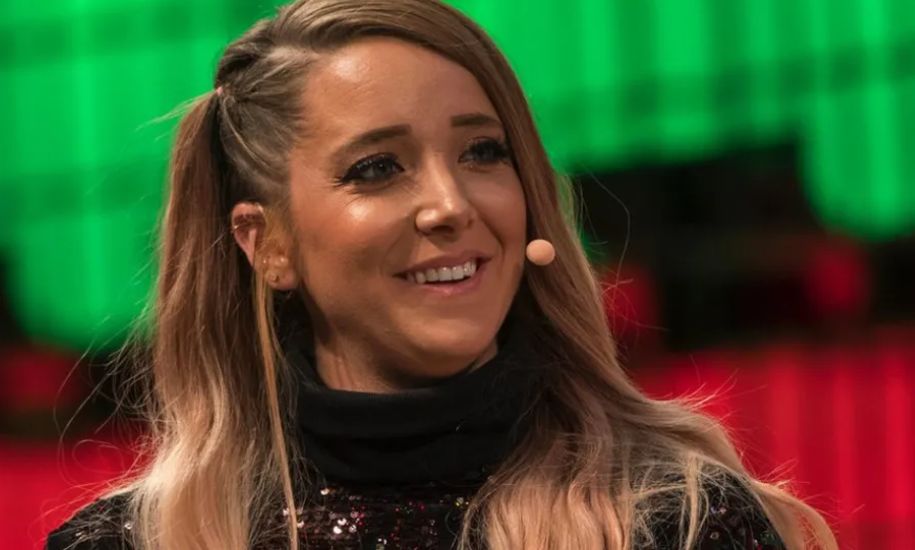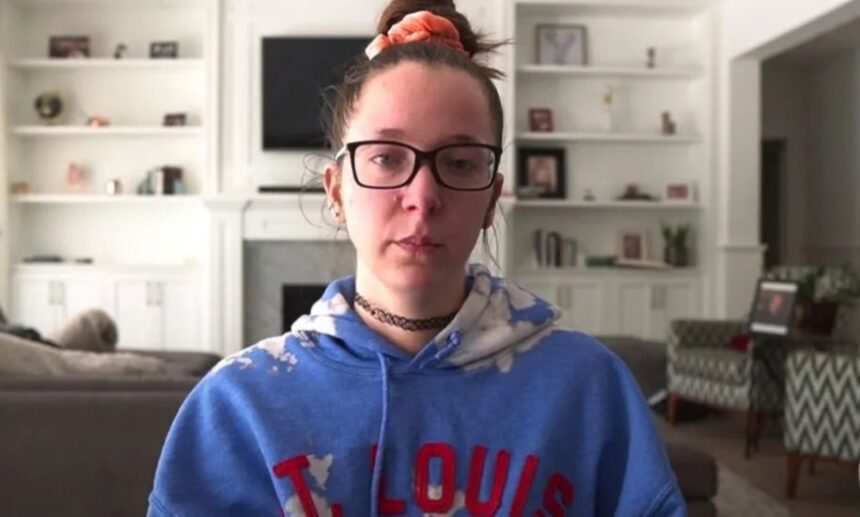The controversy surrounding Jenna Marbles and her past use of blackface has been a significant point of discussion in the online community. This situation highlights larger issues around racial sensitivity, accountability, and the evolving standards of social media. Through the lens of Jenna Marbles’ blackface incident, we can explore what led to this controversy, how it unfolded, and the impact it has had on the influencer world.
As an online personality with millions of followers, Jenna Marbles’ content was widely consumed, making the backlash surrounding her old videos, including the blackface skit, particularly strong. In this article, we’ll break down the details of the Jenna Marbles blackface controversy, discuss the societal implications, and reflect on the lessons learned from this situation.
The Origins of Jenna Marbles’ Blackface Controversy
Jenna Marbles, whose real name is Jenna Mourey, gained massive popularity on YouTube in the early 2010s. Known for her humorous videos and lighthearted content, Jenna quickly became a beloved figure on the platform. However, in 2020, a significant scandal erupted when old videos of hers resurfaced. One of the most criticized videos involved Jenna impersonating rapper Nicki Minaj by darkening her face, a practice commonly referred to as blackface.
Blackface has a deeply painful history rooted in racism, as it was once used in minstrel shows to mock and demean Black people. Given this history, it’s clear why the use of blackface is seen as offensive, regardless of context or intention. When Jenna’s old video came to light, the public outcry was swift, and many people demanded accountability from the influencer.
The blackface controversy marked a pivotal moment in Jenna’s career, as it forced her to confront the problematic aspects of her past content.
Jenna Marbles’ Apology and Decision to Leave YouTube
In response to the backlash, Jenna Marbles uploaded an apology video in June 2020, where she took full responsibility for her actions. She addressed not only the blackface video but also other problematic content, including jokes that were insensitive towards various communities.
In the video, Jenna said, “I’ve definitely done things in the past that weren’t great. I’m ashamed of them, and I don’t want to put that into the world.” She expressed sincere remorse for any harm her videos may have caused and explained that she had already removed the offensive content from her channel. However, despite her apology, Jenna decided to take a step further and announced her indefinite departure from YouTube.
The decision to leave YouTube shocked many of her fans, but Jenna explained that she did not want to continue contributing to a culture that could hurt others. This moment marked a turning point in how creators addressed past mistakes and engaged with the consequences of their actions.

The Broader Impact of the Jenna Marbles Blackface Incident
The fallout from the Jenna Marbles blackface scandal wasn’t just about one person’s actions—it was indicative of a larger conversation around accountability and the responsibilities of online influencers. In the wake of Jenna’s apology and departure, many other content creators began to face scrutiny for their past behavior as well.
One of the reasons why this controversy garnered so much attention was because of Jenna Marbles’ reputation as a generally kind and unproblematic influencer. Her exit from YouTube felt like a loss to many, but it also underscored the importance of holding even the most beloved public figures accountable when they cross a line.
The phrase “cancel culture” is often invoked in discussions like these, with some arguing that Jenna Marbles was unfairly “canceled” for mistakes she had made years ago. However, others view this as a necessary part of social progress—where influencers, like anyone else, are expected to recognize their missteps and take concrete actions to make amends.
Reflection: Why Blackface Is Unacceptable
To fully understand the significance of the Jenna Marbles blackface controversy, it’s crucial to look at the deeper issue of why blackface is so hurtful. The practice dates back to the 19th century when white performers would paint their faces black to portray racist caricatures of African Americans in minstrel shows. These portrayals reinforced harmful stereotypes and dehumanized Black people, perpetuating a legacy of racism that still affects society today.
Even though Jenna Marbles’ intentions may not have been malicious, the impact of blackface cannot be minimized. It is a reminder that context matters when addressing issues of race, and even seemingly harmless jokes can perpetuate harm.
Mating Press: Analyzing Jenna Marbles’ Departure
The decision Jenna Marbles made to leave YouTube after the blackface controversy is significant. For a popular content creator to voluntarily step away from her career speaks volumes about the weight of the controversy and the seriousness with which she took the feedback from her audience.
Mating Press reflects on how Jenna’s departure reshaped the online influencer landscape. It forced other creators to reevaluate their own content, and many began addressing past controversies to avoid similar fallout. The “Jenna Marbles blackface” incident became a case study in influencer accountability, showing that even beloved personalities are not immune to public backlash when it comes to racial insensitivity.
In the larger context, Mating Press considers how this situation pushed social media platforms to adapt stricter guidelines and moderation around content that could perpetuate harmful stereotypes.
Conclusion: Lessons Learned from the Jenna Marbles Blackface Controversy
The Jenna Marbles blackface controversy serves as a reminder of the importance of cultural sensitivity, both in online spaces and beyond. While Jenna’s apology and departure were met with a mix of reactions, the overall takeaway is that public figures must be aware of the impact of their words and actions, even if they occurred years ago.
For Jenna Marbles, this situation was a turning point in her career—one that left a lasting impression on both her fans and the broader YouTube community. It highlights the need for ongoing education and awareness about racial issues, and the importance of accountability in shaping a more inclusive and respectful society.




